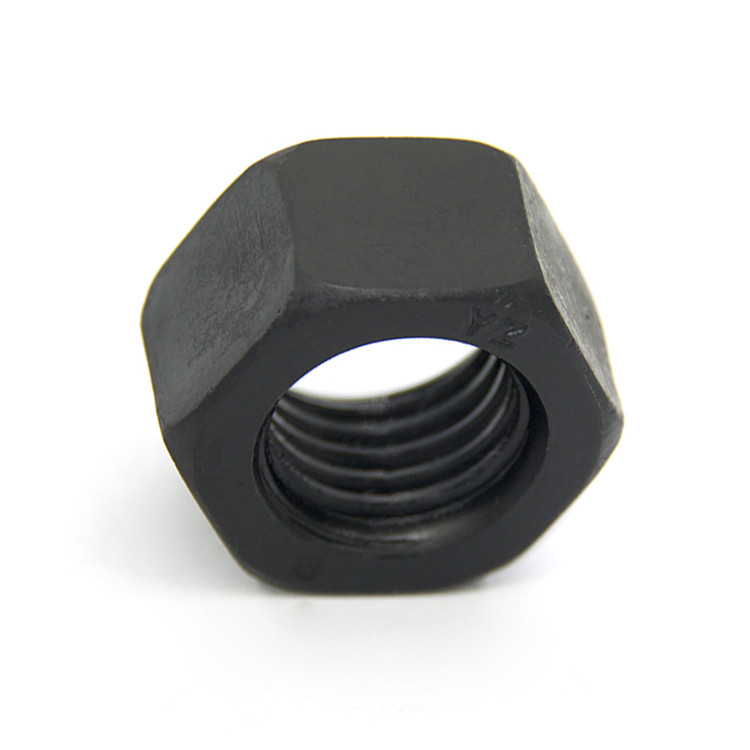concrete screws stainless steel factories
ធ្នូ . 17, 2024 16:07 Back to list
concrete screws stainless steel factories
The Rise of Stainless Steel Concrete Screws in Manufacturing
In the realm of construction and engineering, the quality and durability of materials play pivotal roles in determining the longevity and resilience of structures. One such advancement is the evolution of concrete screws, particularly those made from stainless steel. As industries lean towards more sustainable and robust options, the demand for stainless steel concrete screws has surged, prompting numerous factories to specialize in their production.
Concrete screws are essential components used in fastening applications across a variety of projects, from residential buildings to large-scale infrastructures. Unlike traditional anchors that relied on expansion or other mechanisms to secure themselves within concrete, concrete screws are designed to tap into the concrete itself, offering superior holding power and stability. This design innovation minimizes the risk of failure, especially in high-stress environments.
One of the primary advantages of stainless steel concrete screws is their resistance to corrosion. Structures are often exposed to harsh environmental conditions, including moisture, chemicals, and temperature fluctuations. Stainless steel, particularly types 304 and 316, offers exceptional resistance to rust and corrosion, which translates into greater durability and a longer lifespan for the fastening system. This characteristic is particularly vital for outdoor applications and in coastal areas where saltwater exposure can lead to rapid deterioration of standard fasteners.
The manufacturing of stainless steel concrete screws involves intricate processes that ensure precision and quality. Factories specializing in these products invest in state-of-the-art machinery and technologies to produce screws that meet stringent international standards. The production process typically involves the following steps
1. Material Selection The choice of grade stainless steel is crucial. Manufacturers select high-grade materials that offer excellent mechanical properties, ensuring that the final product can withstand the loads and environmental factors it will encounter.
2. Forming and Machining Using CNC machines, manufacturers shape the stainless steel into screws with precise dimensions. This stage includes drilling, threading, and ensuring the right pitch for effective anchoring.
concrete screws stainless steel factories

3. Finishing Processes After forming, screws undergo finishing processes like passivation, which enhances corrosion resistance. Some manufacturers may also provide additional coatings for aesthetic purposes or enhanced performance.
4. Quality Control Rigorous testing is central to the manufacturing process. Each batch of concrete screws is subjected to various tests to ensure they meet performance standards, including pull-out and shear strength tests.
5. Packaging and Distribution Once the screws pass quality control, they are packaged appropriately for shipping. Efficient distribution channels ensure that these screws are readily available to contractors and builders.
As awareness of the importance of sustainability grows, many factories are also adopting eco-friendly practices in their manufacturing processes. This includes optimizing energy use, recycling waste materials, and employing technologies that reduce water usage and emissions. By focusing on environmentally responsible production, factories are not only meeting the demands of the market but also contributing positively to global sustainability efforts.
Furthermore, the market for stainless steel concrete screws is expanding globally. With urbanization on the rise, particularly in developing countries, there is a significant increase in construction projects, leading to a heightened demand for reliable fastening solutions. Manufacturers are capitalizing on this opportunity, expanding their production capabilities, and exploring international markets to ensure their screws are available worldwide.
In conclusion, the focus on stainless steel concrete screws and the factories producing them is a testament to innovation within the construction industry. These fasteners not only provide enhanced strength and durability but also promote sustainability and environmental responsibility. As technology advances and materials science evolves, we can expect to see even greater improvements in the performance and application of concrete screws, ensuring they continue to meet the ever-changing demands of modern construction. With an eye towards durability, efficiency, and sustainability, the future of concrete screws, particularly stainless steel variants, looks promising.
Latest news
-
Wire Bolts Suppliers: Durable & Reliable Fasteners for Every Project
NewsAug.25,2025
-
Premium Cabinet Bolts Supplier | Wholesale & Custom Solutions
NewsAug.24,2025
-
Reliable Axle Nuts Supplier | Quality & Precision Fasteners
NewsAug.23,2025
-
Durable Bolts for Lawn Mower Handle - Top Supplier & Manufacturer
NewsAug.22,2025
-
High-Quality Bolts for Lawn Mower Handle Supplier & Manufacturer
NewsAug.21,2025
-
Reliable Axle Nuts Supplier | High-Quality Automotive Parts
NewsAug.19,2025
